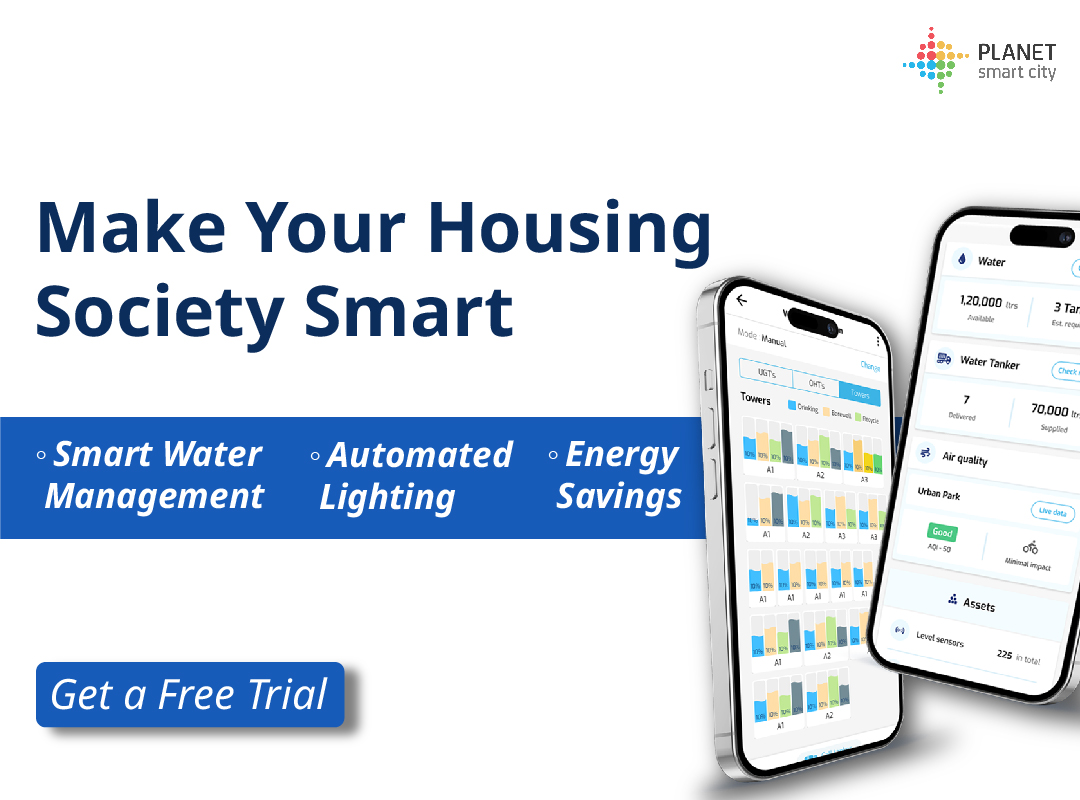Smart Landscaping for Healthier Urban Communities

Sustainable landscaping offers a smart and eco-friendly way to create beautiful, functional outdoor spaces with lower maintenance needs. In today’s urban settings, traditional landscaping often comes with challenges like excessive water consumption, frequent upkeep and negative environmental impact. Many communities struggle with landscapes that are expensive to maintain and not built to adapt to changing climate conditions. Sustainable landscaping addresses these concerns by using techniques and tools that reduce resource use while maintaining visual appeal. It helps communities strike a balance between aesthetics, efficiency and environmental responsibility. For urban homeowners and planners, it’s a practical way to build greener, more resilient shared spaces, which supports both well-being and long-term sustainability.
What is Sustainable Landscaping?
Sustainable landscaping is the practice of designing, installing and managing green spaces in a way that reduces environmental impact and conserves resources. It focuses on using native plants, efficient irrigation and soil-friendly techniques to maintain attractive landscapes with minimal input. This approach avoids water waste, reduces chemical use and supports long-term ecosystem health.
For urban communities, sustainable landscaping has become increasingly relevant. It helps manage common space effectively while lowering maintenance costs and conserving water. Eco-conscious homeowners and residential developers are turning to these methods to create outdoor areas that are easy to maintain and better suited to modern environmental needs. With the right planning and technology, sustainable landscapes can thrive in cities while contributing to cleaner air, improved drainage and stronger community spaces.


How Sustainable Landscaping Enhances Efficiency
Smart landscaping practices bring measurable improvements in water efficiency, energy savings and overall landscape performance. Here’s how they help:
-
Smart Irrigation and Water Efficiency
Modern irrigation systems equipped with soil moisture sensors and weather-based controls can reduce water usage by up to 50%. They deliver water only when necessary, helping plants thrive while avoiding excess. This reduces both water bills and labour costs associated with manual watering.
-
Xeriscaping for Low-Maintenance Landscapes
Xeriscaping uses drought-resistant and native plant species that need less water and upkeep. These plants adapt well to the local climate, grow with fewer inputs and require minimal pruning or fertiliser. For communities, this means less frequent maintenance and longer-lasting results.
-
Environmental Benefits
Sustainable landscaping reduces the use of chemical fertilisers and pesticides, lowering pollution and soil damage. It also improves soil health and promotes better water infiltration, reducing runoff and erosion. These features support cleaner, healthier community environments.
-
Urban Heat Island Reduction
Green spaces created through sustainable design can help lower surrounding temperatures. Planting shade trees and ground cover reduces heat absorption by hard surfaces. Thus, making outdoor areas more comfortable, especially in densely built neighbourhoods.
Planet Smart City designs residential communities with sustainability in mind. Through features like smart irrigation, native plant planning and efficient open space layouts, their approach to landscaping reduces environmental impact while supporting healthier, smarter urban living.
Supporting Biodiversity and Community Well-Being
Sustainable landscaping helps create outdoor environments that support biodiversity and resident wellness. By using native plants, communities attract local birds, bees and butterflies. This contributes to a more balanced ecosystem. These species rely on specific plants to feed, pollinate and reproduce, making native greenery critical for their survival.
Beyond biodiversity, green spaces play a key role in the quality of life. Landscapes designed with sustainability in mind encourage more outdoor activity, reduce noise and provide natural relief in built-up areas. They also foster a shared sense of care and ownership among residents. The result is not only a greener neighbourhood but a more connected and healthier one.
Implementing Sustainable Landscaping Easily with Planet Smart City
Starting a sustainable landscaping journey does not need to be complicated. Planet Smart City simplifies the process with tools and strategies tailored to modern community needs.
Start with Smart Tools
Choose Planet Smart City’s sustainable landscaping tools. These include smart irrigation systems and native plant design templates. They are developed to conserve water, reduce maintenance and improve landscape resilience.
Minimal Setup, Long-Term Results
The solutions are easy to install across both new and existing community spaces. There is no need for complex infrastructure or ongoing manual adjustments. Most systems work with real-time monitoring to optimise water and resource use automatically.
Addressing Common Concerns
Questions about cost or technical complexity are common when considering how to start sustainable landscaping. Planet Smart City addresses these with practical, scalable solutions. These fit within residential budgets and community frameworks. The focus is on making eco-friendly practices accessible, reliable and easy to adopt for urban societies.
Transforming Communities Through Sustainable Landscaping
Sustainable landscaping is no longer an ideal for the future. It is a necessary step for urban communities looking to grow in harmony with their environment. It saves water, supports biodiversity and creates outdoor spaces that people can actually enjoy and maintain with ease.
Planet Smart City continues to bring sustainable landscaping tools and design thinking into every community it helps build. With intelligent infrastructure and environmental awareness, it offers a clear path forward for societies that want to live better, together.
To learn how your community can implement sustainable landscaping tools, talk to us at Planet Smart City.




